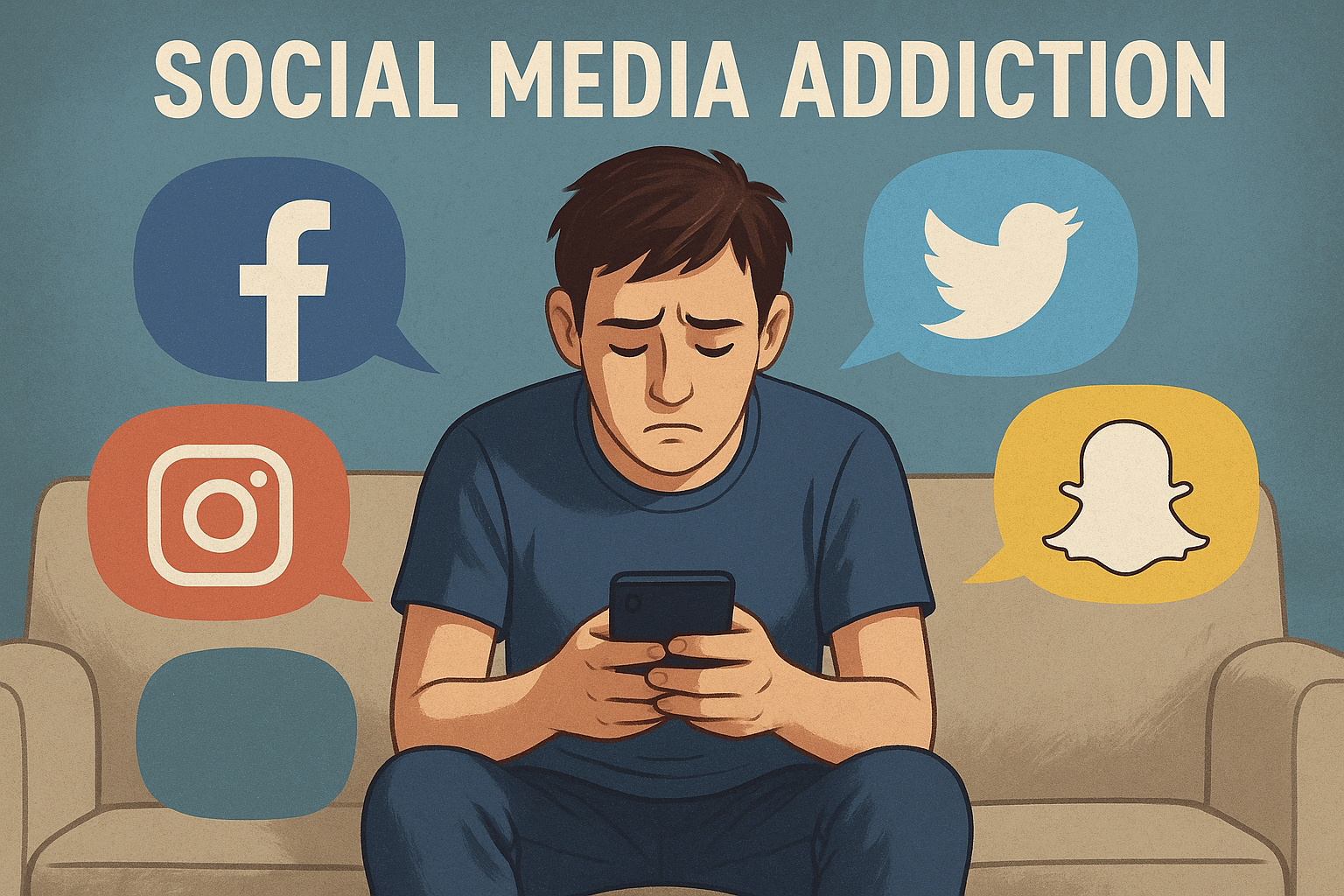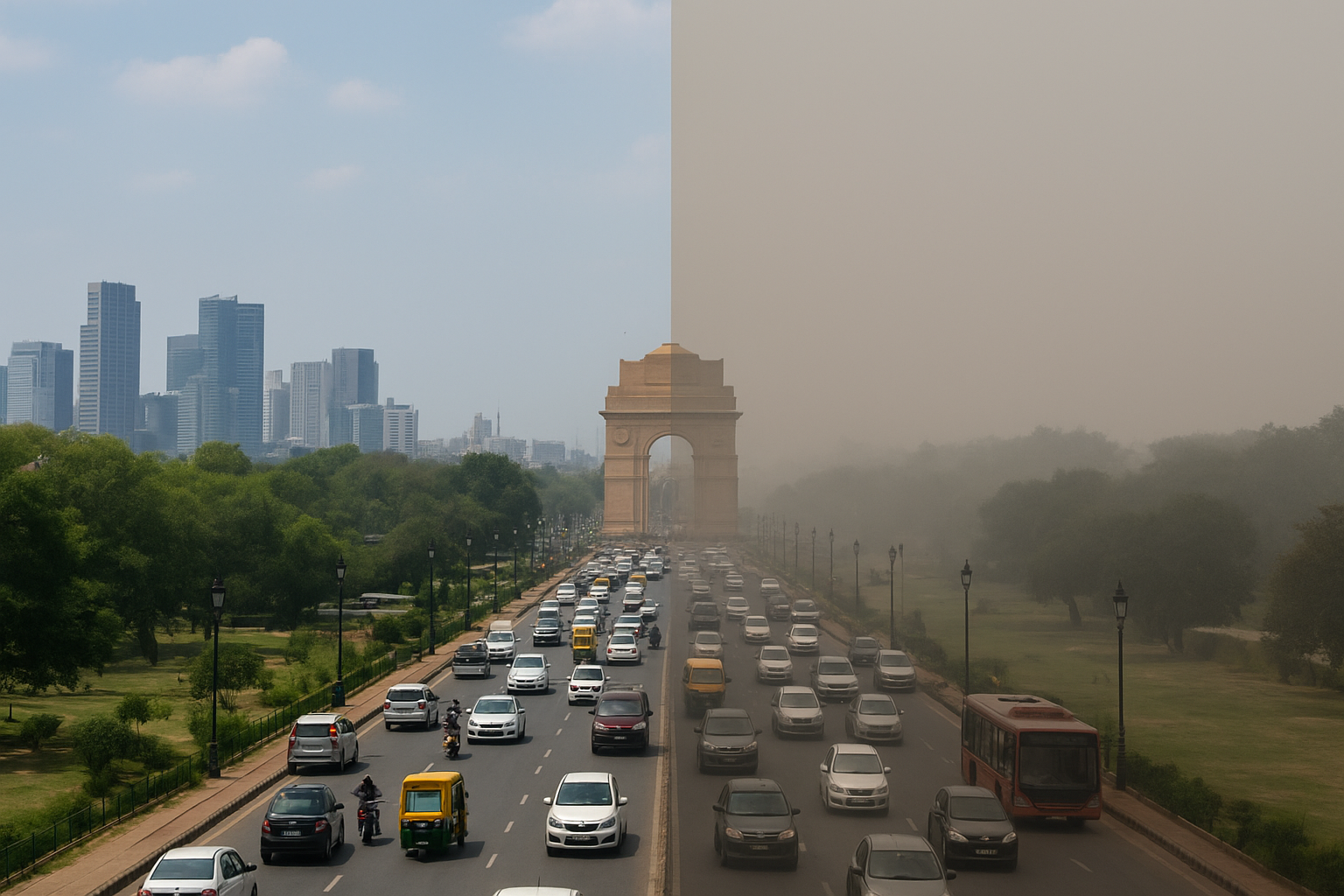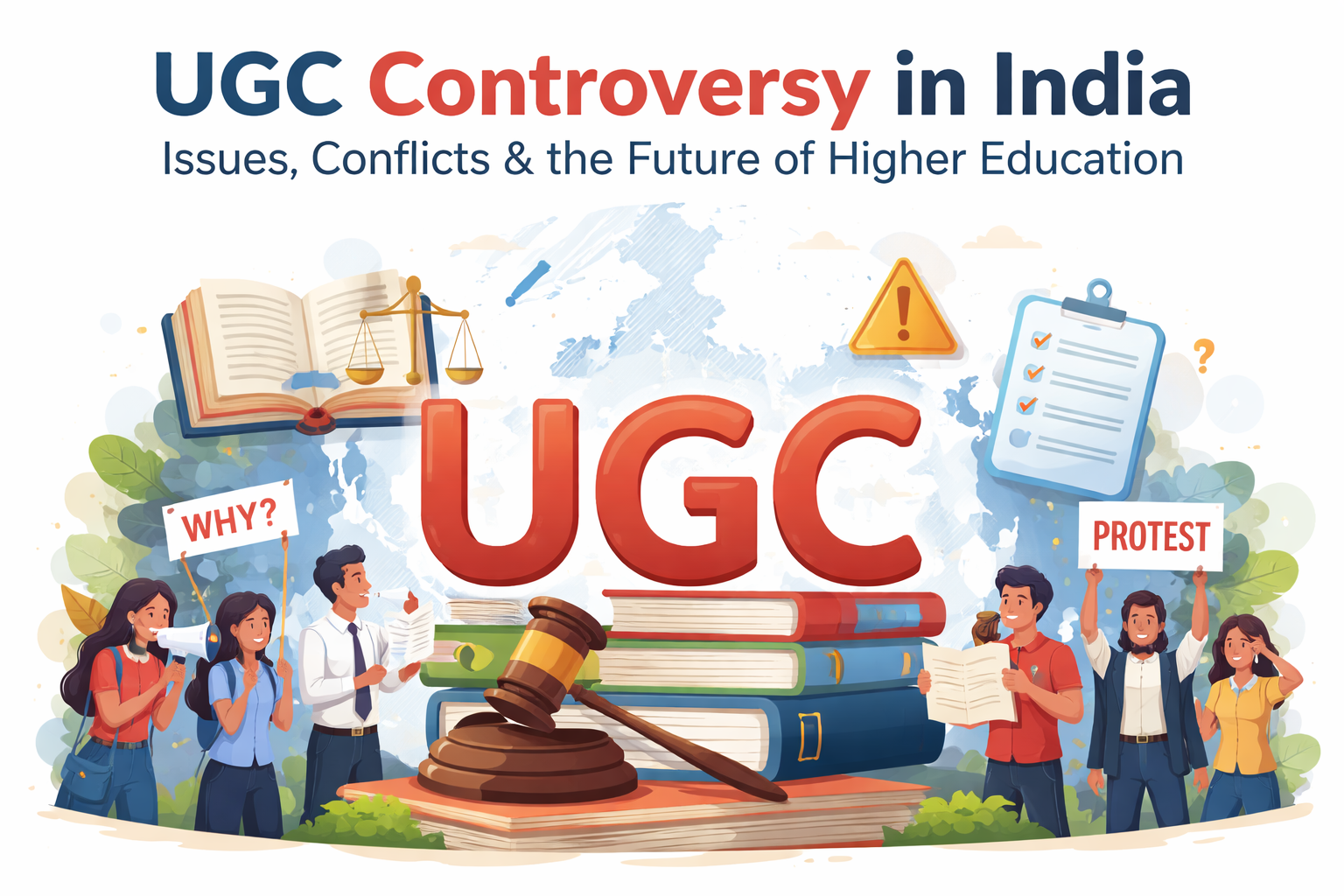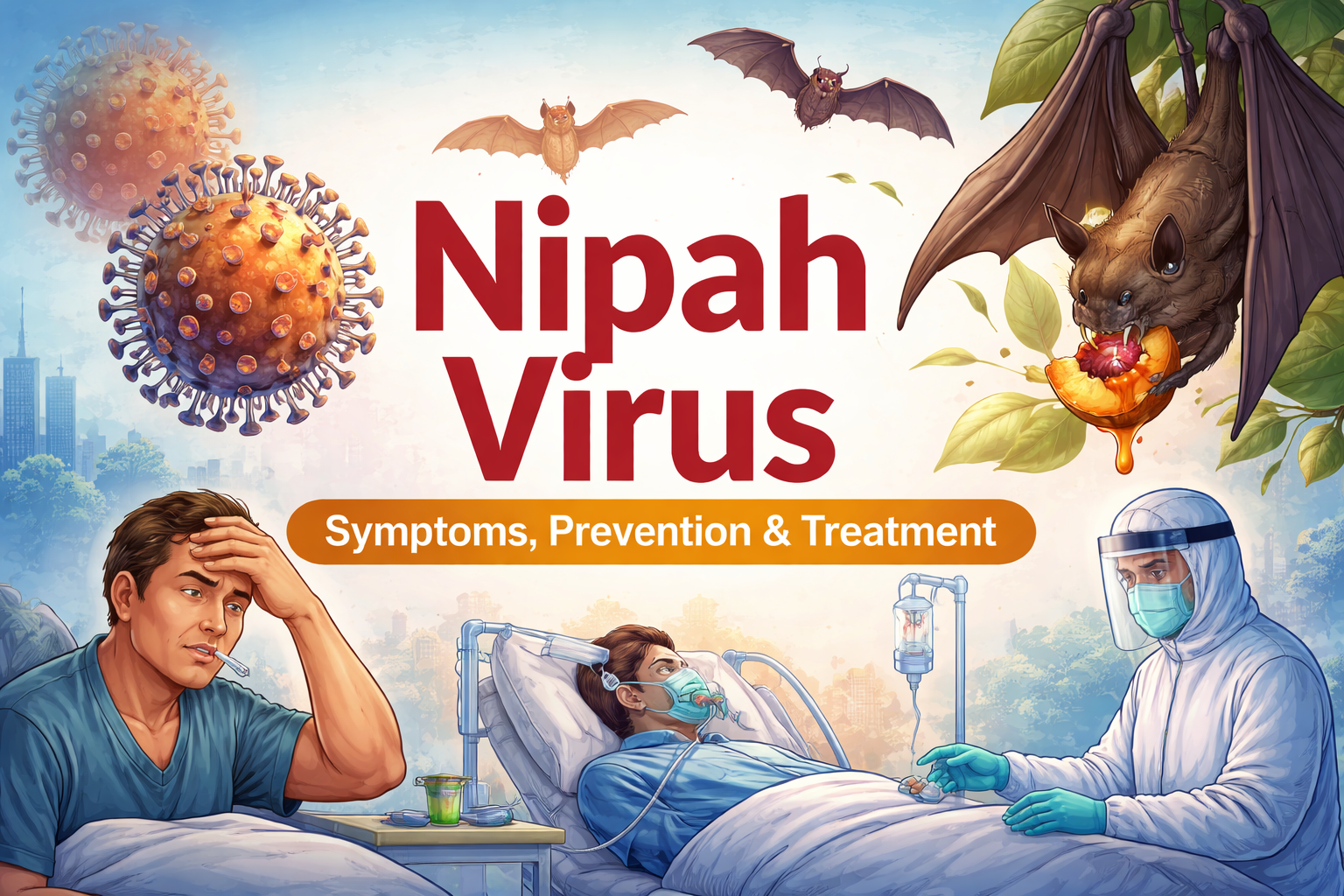Social Media Addiction: A Growing Concern in the Digital Age
In today’s hyper-connected world, social media has become an inseparable part of our daily lives. From sharing photos, reading news, watching videos, to chatting with friends — platforms such as Instagram, Facebook, X (Twitter), and Snapchat have transformed how humans interact, communicate, and express themselves. However, the same technology that connects us also traps many in an endless cycle of scrolling, comparing, and seeking validation — a phenomenon known as social media addiction.
What Is Social Media Addiction?
Social media addiction refers to a psychological dependency on online platforms where individuals feel an uncontrollable urge to check notifications, post updates, or engage with content. It is not officially classified as a clinical disorder yet, but psychologists recognize it as a behavioral addiction similar in patterns to gambling or gaming. It involves excessive time, emotional attachment, and withdrawal symptoms when away from social apps.
How It Begins
The addiction often starts innocently — a few minutes of scrolling during a break, replying to comments, or checking likes after posting. Over time, the brain begins associating these interactions with pleasure and reward. This pattern releases dopamine — the “feel-good” chemical — reinforcing the desire to keep returning. Gradually, users may lose control over their screen time, prioritizing virtual engagement over real-life connections.
The Science Behind the Addiction
The addictive nature of social media lies in its design. Platforms use variable rewards — unpredictable likes, comments, or shares — which trigger the same neurological responses seen in gambling. Every notification, message, or “ping” delivers a hit of dopamine, encouraging repeated use. Features such as infinite scroll, auto-play videos, and story streaks are intentionally designed to prolong engagement.
Signs of Social Media Addiction
- 📱 Constantly checking your phone even without notifications.
- 🕒 Spending hours scrolling through feeds instead of doing work or study.
- 💬 Feeling anxious or incomplete when away from social media.
- 👀 Comparing your life constantly with others online.
- 😔 Neglecting sleep, health, or real relationships due to screen time.
If you find yourself spending excessive time online, losing focus, or feeling restless without your phone — you may be experiencing mild to moderate social media addiction. The next sections will explore its causes, psychological effects, consequences, and ways to overcome this modern-day challenge.
Causes and Psychological Effects of Social Media Addiction
Social media addiction does not develop overnight. It gradually builds through a combination of psychological triggers, technological design, and social influences. Understanding these causes helps reveal how deeply connected technology and human emotions have become in the digital era.
1. The Role of Dopamine and Reward Systems
Every time a user receives a “like” or positive comment, the brain releases dopamine — a chemical responsible for pleasure and satisfaction. This process creates a reward loop, where individuals crave more engagement to feel that same sense of happiness. Gradually, users begin checking notifications compulsively, seeking small bursts of validation to feel good about themselves.
2. Fear of Missing Out (FOMO)
One of the strongest psychological triggers behind social media addiction is FOMO — the fear of missing out. People constantly check updates to stay informed about what others are doing. Missing out on trends, news, or group activities can create anxiety and insecurity. This fear drives continuous scrolling and keeps individuals glued to their screens even when they want to stop.
3. Social Validation and Self-Esteem
Humans naturally seek recognition and belonging. Social media amplifies this desire by turning likes, shares, and followers into visible indicators of popularity and success. When users get attention online, their self-esteem rises. However, when they don’t, feelings of rejection or inferiority may emerge. Over time, self-worth becomes tied to digital validation rather than personal growth.
4. Algorithmic Traps and Endless Content
Social media platforms use advanced algorithms that track user behavior — likes, clicks, watch time, and interests — to show more content that keeps them engaged. This “infinite feed” design ensures that there’s always something new to see, creating an endless loop where users keep scrolling for hours without realizing how much time has passed.
5. Escapism and Emotional Coping
Many individuals use social media as an escape from real-life stress, loneliness, or emotional pain. Virtual worlds provide temporary comfort, allowing users to distract themselves from responsibilities or problems. Unfortunately, this habit strengthens emotional dependency, making real-world coping mechanisms weaker.
Psychological Effects of Social Media Addiction
The constant use of social media affects mental health and cognitive behavior in ways that are often invisible at first. Let’s explore how addiction impacts the human mind over time.
1. Anxiety and Depression
Excessive social media use has been linked with higher rates of anxiety and depression, especially among teenagers and young adults. The constant comparison with others’ “perfect” lives creates pressure and dissatisfaction. Negative comments or online bullying can further damage self-image and emotional stability.
2. Reduced Attention Span
Short-form content, notifications, and constant switching between apps train the brain to seek instant rewards. As a result, attention spans shrink, making it difficult to focus on studies, work, or meaningful conversations. This “fragmented focus” leads to lower productivity and reduced creativity.
3. Sleep Disruption
The blue light emitted from screens and late-night scrolling habits interfere with melatonin production — the hormone responsible for sleep. Checking phones before bed stimulates the brain, delaying rest and causing fatigue, irritability, and poor concentration during the day.
4. Emotional Detachment and Isolation
Ironically, platforms built to connect people often make users feel lonelier. Virtual interactions cannot fully replace real conversations. Spending hours online can result in emotional detachment, reducing the ability to form deep and genuine relationships offline.
These psychological and emotional effects form the foundation of the problem. As users spend more time online, real-life satisfaction decreases, reinforcing the digital dependency cycle. In the next section, we’ll explore the real-life consequences and impact on society caused by excessive social media use.
Real-Life Consequences and Social Impact of Social Media Addiction
The effects of social media addiction extend far beyond individual mental health. When millions of users across the globe spend countless hours online, the collective social behavior, communication patterns, and lifestyles begin to change. These changes, while sometimes subtle, have a deep influence on education, relationships, work productivity, and even society’s moral and cultural balance.
1. Impact on Education and Productivity
Students and professionals often struggle to manage time because of continuous engagement on platforms like Instagram, YouTube, or TikTok. Notifications, messages, and videos interrupt concentration, reducing learning efficiency and work output. Many students report procrastination due to “quick social media breaks” that last for hours. This not only affects grades and focus but also weakens discipline and consistency — two vital components of success.
2. Relationship Strain and Communication Gaps
Excessive online presence can damage real-life relationships. When people prioritize virtual conversations over physical interactions, emotional connections weaken. Partners, friends, or family members may feel ignored or undervalued when attention shifts to screens. Moreover, misunderstandings and online jealousy often arise when someone’s digital activities are misinterpreted. Over time, this leads to arguments, mistrust, and emotional distance.
3. Cyberbullying and Online Harassment
One of the darker sides of social media addiction is the rise of cyberbullying. Continuous exposure to public comment sections and anonymous profiles increases vulnerability to online hate or harassment. Victims, especially teenagers, often experience anxiety, emotional trauma, or even depression. The pressure to maintain a perfect online image can also lead to risky behaviors, such as oversharing personal information or following harmful trends.
4. Distorted Reality and Unrealistic Comparisons
Social media promotes a filtered version of reality — edited photos, staged lifestyles, and exaggerated success stories. Users unconsciously compare their real lives to these idealized portrayals and feel inadequate. This constant comparison fuels low self-esteem, dissatisfaction, and the false belief that others are happier or more successful. Over time, such comparisons can lead to depression, materialism, or envy.
5. Influence on Youth Behavior
Young users are particularly vulnerable to trends and influencers who shape their opinions, fashion choices, and even moral beliefs. While social media can spread awareness and education, it also promotes harmful challenges, unrealistic body standards, and consumerism. This influence changes how young people think, behave, and interact with society.
6. Workplace Distraction and Digital Burnout
Employees addicted to social media often face reduced focus and productivity at work. Checking feeds during office hours, responding to messages, or consuming content between tasks leads to inefficiency and errors. Moreover, the constant exposure to information can cause digital fatigue — a state of mental exhaustion caused by excessive screen time.
7. Cultural Shifts and Social Fragmentation
Social media addiction has gradually reshaped culture and communication styles. While it enables global connectivity, it also polarizes opinions and spreads misinformation quickly. People often form online communities based on beliefs or preferences, but this also leads to echo chambers where only similar viewpoints are reinforced. This weakens open-minded discussion and increases social divisions.
8. Physical Health Consequences
Constant phone use affects posture, eyesight, and physical fitness. Long hours of screen time are linked to neck and back pain, obesity, and eye strain. Lack of outdoor activity and exercise due to excessive scrolling contributes to lifestyle diseases such as obesity and hypertension. Moreover, addiction to virtual life often leads to neglect of healthy habits like sleep, balanced diet, and real-world recreation.
9. Economic and Societal Impact
At a broader level, social media addiction affects work efficiency, mental health costs, and even national productivity. Governments and organizations spend millions addressing online safety, data privacy, and mental health awareness. Moreover, misinformation, scams, and impulsive consumerism driven by viral trends create financial instability for many individuals.
These real-life consequences highlight the urgency of understanding and addressing social media addiction. In the next part, we will focus on solutions, digital detox methods, and practical ways to regain control over our digital habits without losing the benefits of technology.
Solutions, Digital Detox, and Healthy Social Media Habits
While social media addiction has become a global concern, overcoming it is absolutely possible. The goal is not to completely abandon technology but to use it mindfully and with balance. Building healthier habits and understanding digital boundaries can help individuals regain control of their time, mental health, and overall happiness.
1. Understanding Digital Detox
A digital detox means intentionally taking breaks from screens, social apps, and digital interactions to reconnect with real life. This can be as simple as limiting usage hours each day or dedicating certain days in a week as “no social media” days. It allows the brain to reset and reduces dependence on constant online engagement.
2. Setting Screen Time Boundaries
Many smartphones now include screen time monitoring tools that track app usage. Setting daily limits on platforms like Instagram, YouTube, or Facebook helps maintain awareness and discipline. You can also turn off unnecessary notifications to minimize distractions and resist the urge to check updates frequently.
3. Replace Scrolling with Meaningful Activities
Replacing screen time with productive alternatives is key to recovery. Engaging in hobbies, reading, exercising, journaling, or spending time outdoors stimulates the mind positively. Creative and physical activities provide real satisfaction — unlike the temporary pleasure gained from scrolling feeds.
4. Practice Mindful Social Media Use
Instead of passively consuming content, users should adopt a mindful approach. Ask yourself before opening an app: “Why am I using it?” Is it to connect with friends, learn something new, or just kill time? Being conscious of purpose helps control impulsive usage and prevents emotional dependency.
5. Curate Your Feed
Unfollow or mute accounts that cause negativity, stress, or comparison. Surround yourself with content that inspires learning, positivity, and personal growth. A curated feed enhances mental well-being and ensures that time spent online contributes something valuable.
6. Strengthen Real-World Connections
Spend more time with family, friends, and nature. Face-to-face conversations, outdoor activities, and real experiences fulfill emotional needs in ways that social media cannot. Rebuilding these real connections helps reduce dependency on digital validation.
7. Prioritize Self-Care and Mental Health
Adequate sleep, balanced nutrition, and mindfulness practices like meditation are essential in managing digital addiction. If symptoms such as anxiety, loneliness, or depression persist, it’s important to consult a counselor or psychologist. Professional therapy can help in breaking behavioral addiction patterns and building emotional resilience.
8. Use Technology to Control Technology
Ironically, technology itself offers solutions for digital control. Apps that block distractions, track usage, or remind you to take breaks can help reduce screen dependence. Some examples include Forest, Freedom, Offtime, and Digital Wellbeing. Using these tools helps users develop discipline while maintaining online engagement responsibly.
Building a Healthy Relationship with Social Media
The goal is not to quit social media entirely — it’s an incredible tool for learning, connection, and creativity when used wisely. The key is balance. Recognize when your usage becomes unhealthy and take small, consistent steps toward moderation. Create a routine where social media is a choice, not a compulsion.
Practical Tips for Maintaining Digital Balance
- 📵 Avoid using your phone during meals or before sleeping.
- 🌅 Start your day without checking notifications immediately.
- 🕒 Set fixed hours for checking social media instead of random browsing.
- 🎯 Keep apps off your home screen to resist temptation.
- 📚 Replace half your online time with reading, exercise, or creative work.
- 💬 Talk more in person and less through text when possible.
Conclusion: Reclaiming Control in a Connected World
Social media addiction is one of the most overlooked challenges of our generation. It silently affects how we think, feel, and behave — shaping identities and relationships. However, awareness, discipline, and mindfulness can transform our digital lives for the better. The internet and social media are powerful tools — but they should serve us, not control us.
By consciously setting boundaries, spending time on meaningful experiences, and valuing real-world moments over virtual ones, we can build a healthier relationship with technology. Social media should empower human connection — not replace it. The choice lies in our hands: to scroll endlessly or to live purposefully.










